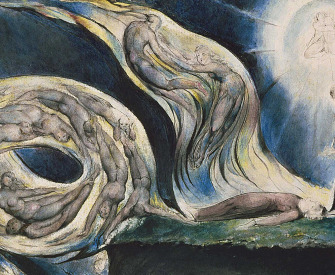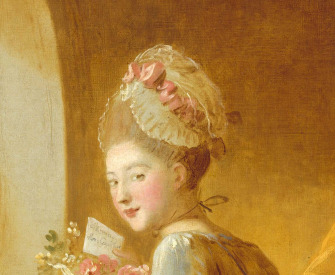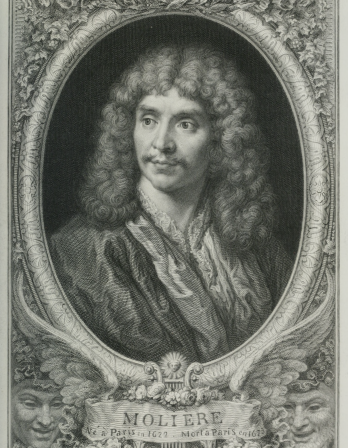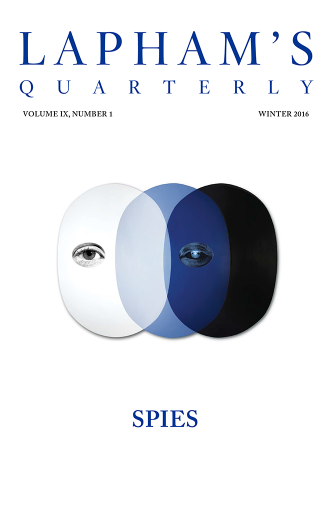Anna Laetitia Barbauld
“Tomorrow.” In 1773 Barbauld, née Aikin, published her first collection of poetry, aptly titled Poems—the subjects of which ranged from God to Corsican independence to Ovid’s wife—and the verses therein were hailed by the Monthly Review as “inferior only to the works of Milton and Shakespeare.” The following year she and her husband opened a school for boys in Palgrave, which they ran for eleven years. In 1791 she published a satirical attack on England’s unwillingness to abolish the slave trade and in 1793 an essay condemning England’s declaration of war on revolutionary France.




